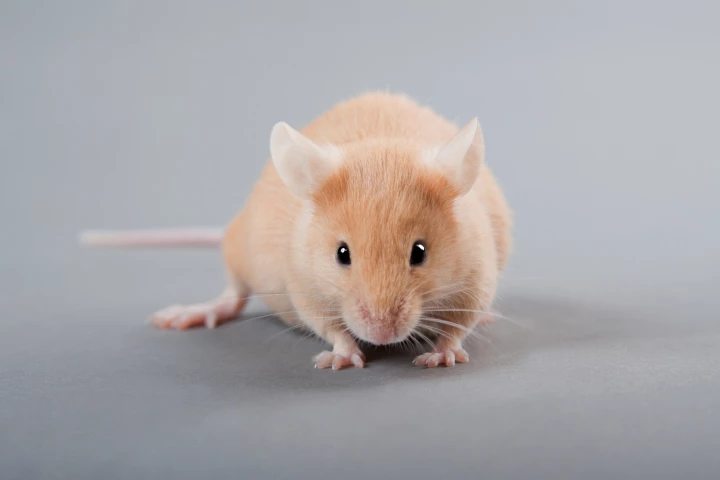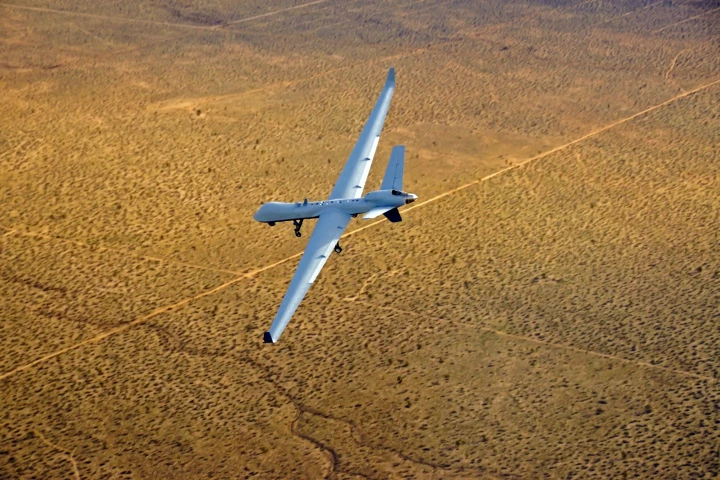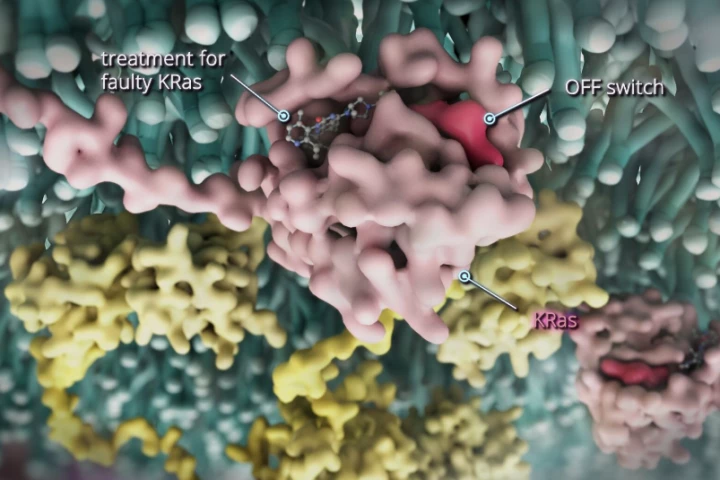Research
-
A 2018 study found patients suffering from cancer-related fatigue got improvements in their symptoms after knowingly being given a placebo. The research is part of a body of work suggesting "honest" placebos could play a role in clinical treatments.
-
In one of the most amusing citizen science projects we've ever seen, Australia's top research agency is asking its citizens to hit the gas and flag their flatulence in hilarious detail over three days, tracking toots on the Chart Your Fart app. Superb.
-
From 350,757 coin flips to prove probability to the swimming skills of dead trout, the 2024 Ig Nobel Prize winners have been recognized for their absurd work scientific research. And they all walked away with a coveted $100-trillion Zimbabwean banknote.
-
The first statistically significant results are in: not only can Large Language Model (LLM) AIs generate new expert-level scientific research ideas, but their ideas are more original and exciting than the best of ours – as judged by human experts.
-
The Centenary Institute has announced the winner of its When Art Meets Science competition, showcasing the intersection between ground-breaking medical research and stunning images. But you can cast your vote for the best image in the People’s Choice Awards.
-
For the first time, scientists have successfully created a mouse with a 100% functional human immune system and microbiome. This 'humanized' mouse takes the guesswork out of research and may revolutionize how we test new drugs and understand diseases.
-
DARPA has committed further funding for far-field wireless power transfer – or power-beaming – to wirelessly charge drones in flight without them ever having to abandon mission to recharge or swap out dead batteries, potentially saving critical missions.
-
In what has already been tagged as a “game-changer” for cancer treatment, the potent once-a-day tablet known as divarasib has continued to impress at Phase 1b trial stage, outperforming not just current therapies but its previous trial results.
-
With spines like a hedgehog, feet like a mole and snout like an anteater, this bizarre animal is hard to miss. Yet it has been missing, presumed extinct since 1961 – that was until it had the audacity to saunter past a well-placed research camera.
-
With more than 1,000 bacterial species, the gut microbiome is an untapped resource of disease-fighting power. Now, scientists have found a way to rank crucial members of this 'microscopic multicultural community', which has massive medical potential.
-
A UK team has revealed plans to build an incredibly ambitious underwater habitat named Sentinel. Assuming it goes ahead, it could revolutionize deep sea research by allowing scientists to live underwater for extended periods in relative comfort.
-
Construction work is currently underway on a new artificial intelligence research laboratory designed by PLP Architecture. Located in Shanghai, China, the building's overall form is inspired by a computer motherboard and CPU.
Load More











